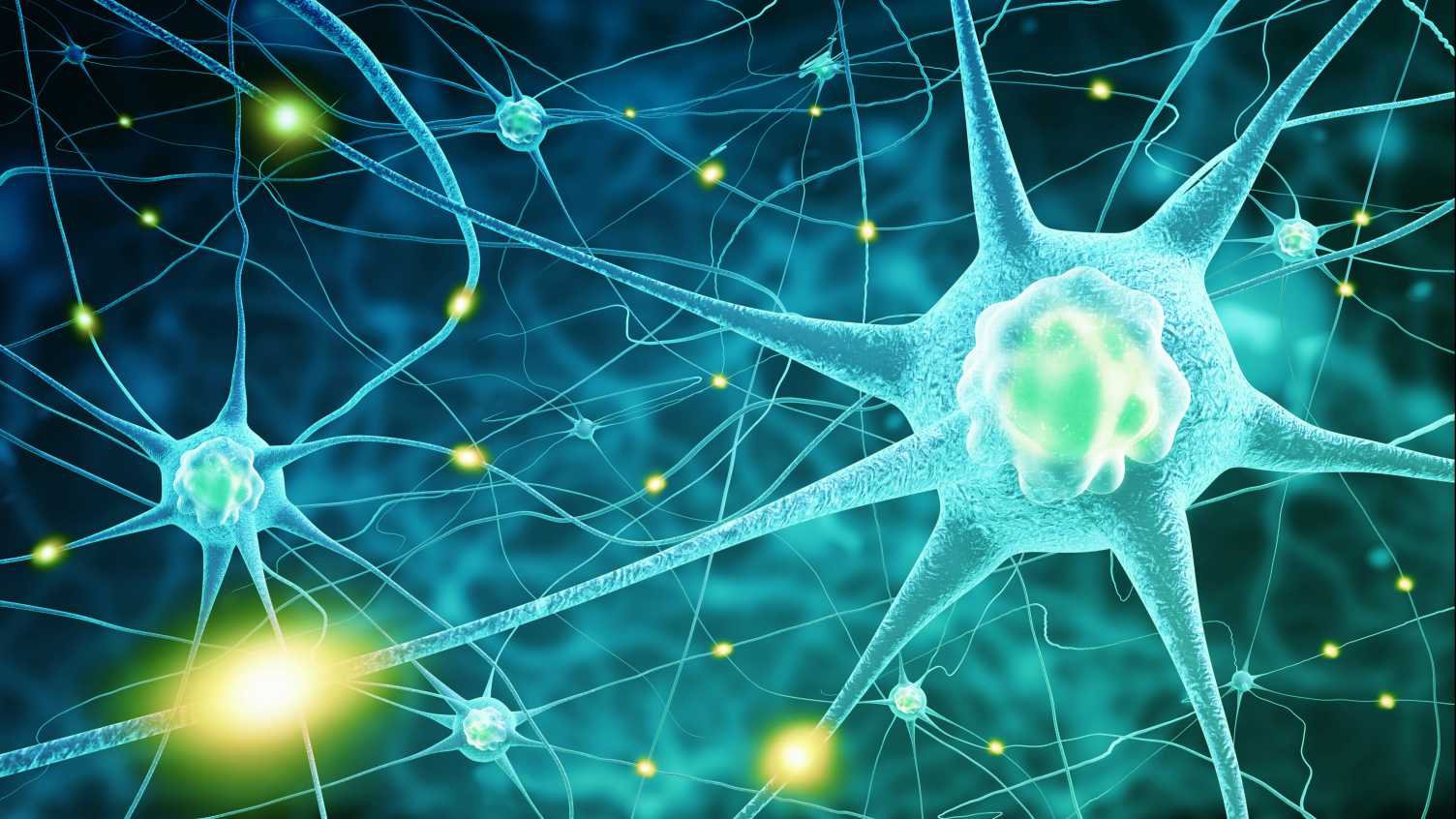
Meta Sued Over Addictive Features Harming Mental Health
The New York and California states have sued Meta over deliberately designing the platforms addictive.

The New York and California states have sued Meta over deliberately designing the platforms addictive.

A latest research study has linked depression risk with the daily time spent outdoors. Depression is known to have multiple overlapping factors and the recent study adds a fresh perspective to an already existing factor, the environment . The study has uncovered that people who spend 1.5 hours outdoors are at the lowest risk of depression. It also mentioned that spending too much or less than 1.5 hours outside can also contribute to depression.

US Surgeon General Dr. Vivek Murthy has said that social media poses an immediate threat to the youth of the United States. The new advisory from the US surgeon general wrote that although we lack evidence, the impact of social media on the mental health of children and adolescents is huge.

AI has been gradually integrated in every field of science, particularly in the medical field where scientists are using it to know malfunctions before it even occurs. According to the latest research, medical professionals are testing AI to identify signs of Alzheimer’s through speech patterns that are not recognized by family members or even physicians.

New research has uncovered a correlation between obesity and Alzheimer’s disease. Researchers from the Canadian university of McGill found out that obesity degenerates the brain the same as Alzheimer’s disease. Scientists scanned and compared the brains of 1,300 people showing the same level of shrinkage.

Researchers have been increasingly focusing on the adverse effects of air pollution to human cognition and overall brain. A latest study has unearthed a link between air pollution and depression in the adult population. 1.5 million out of total 8.9 million participants were diagnosed with depression, the study mentioned.

Twitter has deleted a feature that has been showing suicide prevention hotlines and other safety options to users searching on the platform. It has caused some to worry about the vulnerable users on twitter. However, according to Musk, since he took charge in October, the number of damaging content impressions or views has decreased.

Parkinson’s disease affects the neurological system and the areas of the body that are regulated by the nerves. It is the second most prevalent neurological disease in the US, after Alzheimer’s disease. A recent report revealed a shocking 50% increase in the actual figures of Parkinson’s disease in the country. Previous records show that 60,000 patients of the disease were treated annually, the figures are contradicted by the latest report.

Throughout our entire life, we’ve heard that breathing is just about inhaling the oxygen in and exhaling the carbon dioxide out. But it’s more than that, a recent research suggests. Breathing can have a significant positive impact on our brain, emotions and how we process different thoughts.

A latest study reveals that antidepressant medications can alter the structure of the human brain. It has discovered that the medications aimed at developing human mental health can have adverse effects on the Gray and White matter inside the brain.

For years, people have linked fatigue and exhaustion with the physical work they do because of the obvious nature of the job. Desk work which mostly involves static body positioning and constant concentration may lead to abnormal brain functioning, a latest study published by The National Center for Biotechnology Information suggests.

Dementia is a mental disorder that significantly reduces a person’s memory and affects daily activities of the concerned individual. It is one of the leading causes of death among older people in the United States alone. The latest study suggests that talk therapy can remarkably reduce the risk of depression and anxiety in people with dementia.
